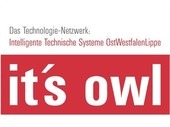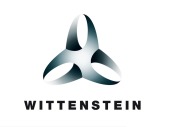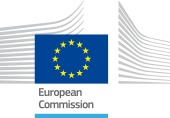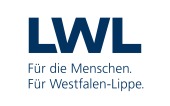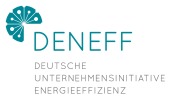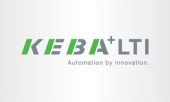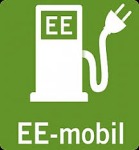Energy management
A central point in the use of energy storage and converter technologies is the energy management (operational management) of coupled systems with several degrees of freedom. Often a high number of criteria must be met, which the energy management must control or regulate through targeted interventions. Criteria can e.g. minimising the loss of energy in the storage system or saving primary energy and thus often avoiding increased CO2 emissions. The more complex and multi-layered coupled thermal, electrical and chemical systems become, the more difficult it becomes to control or regulate these overall systems efficiently, despite the large number of variants. In addition, there is the increased proportion of renewable energy that is subject to stochastic influences - and which must also be taken into account.
Energy costs have become a significant cost factor in domestic products in recent decades. In addition, the CO2 backpack of products is increasingly becoming the focus of consumers. Therefore, the path to more renewable energies is essential in the industrial environment. Energy management can also be used to match requirements and generation in industry.
We deal with the design and optimization of energy management strategies in the areas of buildings and quarters, industrial production technology and electromobility. In this context, multi-criteria optimisation methods are often used in order to take into account all the boundary conditions of an overall system: network stability, performance, temperature levels, user comfort, low primary energy consumption. In research, the complex interplay of clocked production, the volatility of renewable energies and buildings is considered. In particular, there are still unused potentials in the energy interfaces, such as the targeted and planned use of waste heat or peak shaving through air conditioning applications with intermediate storage.












